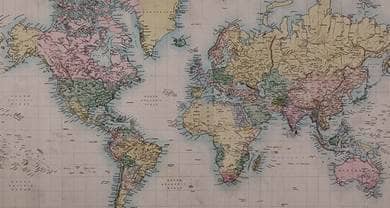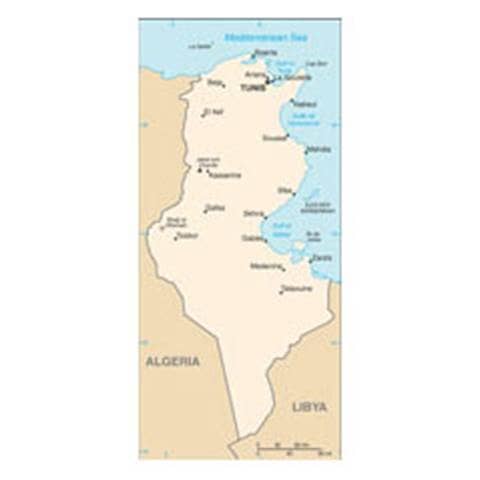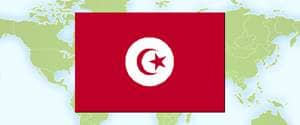- Trending:
- Easter
- |
- Lent
- |
- Forgiveness
- |
- Resurrection
- |
- Joy
- |
- Feminism

RELIGION LIBRARY
Tunisia

The country has an area of 63,170 square miles and a population of 10.5 million. The population is 99 percent Muslim and overwhelmingly Sunni. Groups that constitute less than 1 percent of the population include Shi'a Muslims, an indigenous "Maraboutic" Muslim community that belongs to spiritual brotherhoods known as "turuq," Baha'is, Jews, and Christians.
The Christian community, composed of foreign residents and a small group of native-born citizens of European or Arab descent, numbers approximately 25,000 and is dispersed throughout the country. There are an estimated 20,000 Roman Catholics, 500 of whom regularly practice. The Catholic Church operates 12 churches, nine schools, several libraries, and two clinics. There are approximately 2,000 practicing Protestant Christians, including a few hundred citizens who have converted to Christianity. The Russian Orthodox Church has approximately 100 practicing members and maintains churches in Tunis and Bizerte. The French Reform Church maintains a church in Tunis, with a congregation estimated at 140 primarily foreign members. The Anglican Church has a church in Tunis with several hundred predominantly foreign members. There are approximately 50 Seventh-day Adventists. The Greek Orthodox Church has an estimated 30 members and maintains three churches (in Tunis, Sousse, and Djerba). There are also approximately 50 Jehovah's Witnesses, of whom half are foreign residents and half are native-born citizens.
Judaism is the country's third largest religion with 1,500 members. One-third of the Jewish population lives in and around the capital. The remainder lives on the island of Djerba, where the Jewish community dates back 2,500 years.
| Population | Population (2009 est.) 10,486,339 |
| Religious Demographics | Muslim 98%, Christian 1%, Jewish and other 1% |
| Ethnic Groups | Ethnic Groups Arab 98%, European 1%, Jewish and other 1% |
| Languages | Languages Arabic (official and one of the languages of commerce), French (commerce) |
| Country Flag |  |










